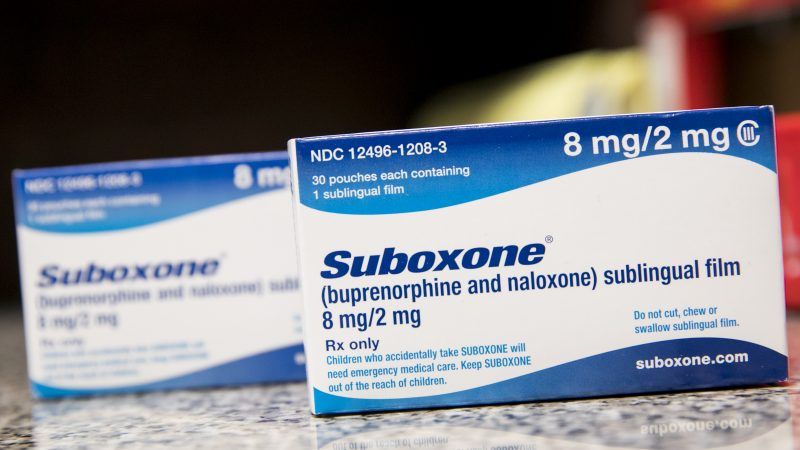Federal Court Rules Inmate Must Have Access to Opioid Addiction Treatment
A jail in rural Maine sought to withhold an inmate's opioid addiction medication, increasing the chance that she would relapse and overdose upon release.

In a ruling that could have long-term effects on how the criminal justice system treats its addicts, the U.S. Court of Appeals for the First Circuit in Boston has ordered a jail in rural Maine to provide one of its inmates with opioid addiction treatment.
Brenda Smith received a 40-day sentence for stealing $40 from a Wal-Mart on December 24, 2017. She has been taking a twice daily dose of buprenorphine—a medication used to combat opioid addiction—for 5 years, and has been successfully treated, according to her doctor. (Her treatment has stretched over the course of 10 years, as she was on Suboxone from 2009-2014.) Jail officials jeopardized her recovery status, however, when they threatened to withhold her medication because it could be used as contraband inside the Aroostook County Jail.
"This is the first federal appeals court in the country to address the right to treatment for opioid addiction in jail," Emma Bond, a staff attorney with the American Civil Liberties Union (ACLU) of Maine, tells NPR. "It represents a huge step forward in the fight against the opioid crisis and for our client who will get her medication in jail."
While the ruling does not apply nationwide, it's likely that jails across the country will take note, particularly when considering that the Americans with Disabilities Act outlaws discrimination based on medical disability. Jails provide a slew of medications for inmates, from painkillers to antidepressants. It follows that someone on a treatment plan for a chronic illness shouldn't be forced into relapse in the name of law and order.
The suit, brought by the ACLU, notes that law enforcement agents have historically viewed buprenorphine and similar medications on the same par as illicit substances, and thus as inappropriate for a rehabilitative environment. In other words: People in jail are bad, and bad people should not be enabled with drugs.
But withholding a lifesaving medication would naturally increase the risk of relapse, as well as the corresponding overdose and death that could follow. The suit states that Smith was not allowed to take her medication while incarcerated for 7 days in 2014. She subsequently went into withdrawal, during which period she experienced "the worst pain she has ever endured" and had "suicidal thoughts for the first time in her life."
Smith was able to resume treatment following her release, but some inmates aren't so fortunate. The recently incarcerated are about 42 times more likely to die of an opioid overdose after leaving prison, as they're blocked from the very resources that could help kick the addiction. If the goal of the criminal justice system is truly centered around rehabilitation—as Maine's jail officials claim—then perhaps the system should focus on doing just that.


Show Comments (7)